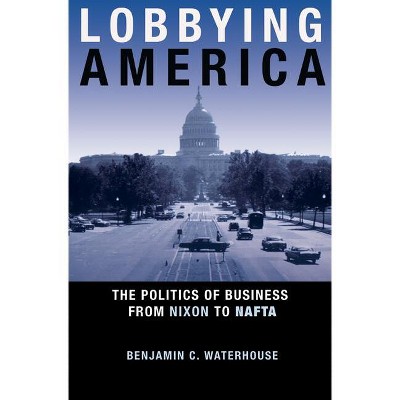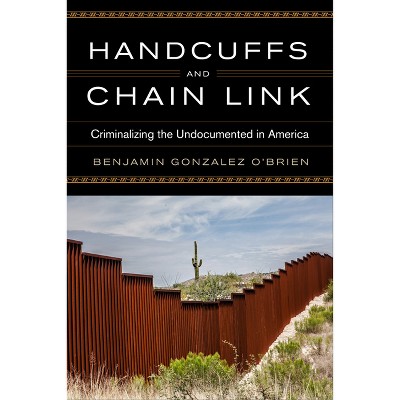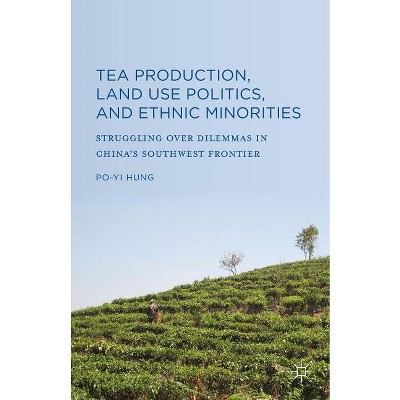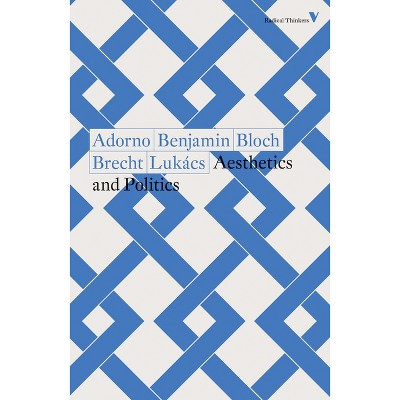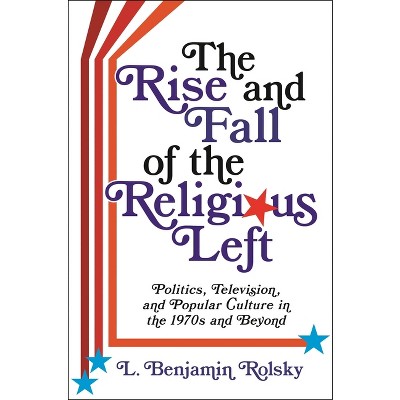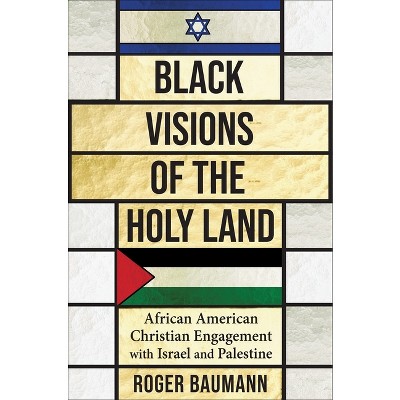In This Land of Plenty - (Politics and Culture in Modern America) by Benjamin Talton (Paperback)

About this item
Highlights
- On August 7, 1989, Congressman Mickey Leland departed on a flight from Addis Ababa, with his thirteen-member delegation of Ethiopian and American relief workers and policy analysts, bound for Ethiopia's border with Sudan.
- About the Author: Benjamin Talton is Professor of History at Temple University.
- 288 Pages
- History, United States
- Series Name: Politics and Culture in Modern America
Description
About the Book
Throughout the 1980s, Congressman Mickey Leland and a small group of former radical-activist African American colleagues inside and outside Congress exerted outsized influence to elevate Africa's significance in American foreign affairs and to move the United States from its Cold War orientation toward a foreign policy devoted to humanitarianism, antiracism, and moral leadership. Their internationalism defined a new era of Black political engagement with Africa. Talton presents Leland as the embodiment of larger currents in African American politics at the end of the twentieth century. But a sober look at his aspirations shows the successes and shortcomings of domestic radicalism and aspirations of politically neutral humanitarianism during the 1980s, and the extent to which the decade was a major turning point in U.S. relations with the African continent. Exploring the links between political activism, electoral politics, and international affairs, Talton not only details Leland's political career but also examines African Americans' successes and failures in influencing U.S. foreign policy toward African and other Global South countries. --From publisher description.Book Synopsis
On August 7, 1989, Congressman Mickey Leland departed on a flight from Addis Ababa, with his thirteen-member delegation of Ethiopian and American relief workers and policy analysts, bound for Ethiopia's border with Sudan. This was Leland's seventh official humanitarian mission in his nearly decade-long drive to transform U.S. policies toward Africa to conform to his black internationalist vision of global cooperation, antiracism, and freedom from hunger. Leland's flight never arrived at its destination. The plane crashed, with no survivors.
When Leland embarked on that delegation, he was a forty-four-year-old, deeply charismatic, fiercely compassionate, black, radical American. He was also an elected Democratic representative of Houston's largely African American and Latino Eighteenth Congressional District. Above all, he was a self-proclaimed citizen of humanity. Throughout the 1980s, Leland and a small group of former radical-activist African American colleagues inside and outside Congress exerted outsized influence to elevate Africa's significance in American foreign affairs and to move the United States from its Cold War orientation toward a foreign policy devoted to humanitarianism, antiracism, and moral leadership. Their internationalism defined a new era of black political engagement with Africa. In This Land of Plenty presents Leland as the embodiment of larger currents in African American politics at the end of the twentieth century. But a sober look at his aspirations shows the successes and shortcomings of domestic radicalism and aspirations of politically neutral humanitarianism during the 1980s, and the extent to which the decade was a major turning point in U.S. relations with the African continent.
Exploring the links between political activism, electoral politics, and international affairs, Benjamin Talton not only details Leland's political career but also examines African Americans' successes and failures in influencing U.S. foreign policy toward African and other Global South countries.
Review Quotes
In This Land of Plenty helps fill two gaps in the literature. First, the book rescue's the legacy of a significant figure in the fight against famine from obscurity. Leland is a model for those transitioning from outsider status to inside player without compromising ideals. Second, it reminds us that human rights and humanitarian aid cannot be separated from the political context in which they operate. Effects, whether they be political prisoners or starving children, always have causes. We ignore those causes at our peril.--Human Rights Quarterly
Benjamin Talton makes an important intervention that ought to reset the scholarship on U.S. foreign policy in postcolonial Africa, on Black Power and its concrete effects in Africa, and on the rise and fall of African American commitment to and influence on government-led humanitarian intervention on the continent.--Gregory Mann, Columbia University
Benjamin Talton's compelling new book focuses our attention on a forgotten, heroic American: Representative Mickey Leland. Talton deftly shows how Leland brought the sensibilities and concerns of the 1960s African American freedom movements to the politics of the 1980s. In doing so, Leland played a key role in crafting American humanitarianism, in rethinking U.S. policy toward Africa, and in bringing a powerful African American perspective to U.S. politics. By placing Leland at the center of a number of vital policy issues, Talton helps us better understand American politics and foreign policy in the 1980s.--Carl Bon Tempo, University at Albany
In This Land of Plenty: Mickey Leland and Africa in American Politics challenges its readers to reconsider the history of U.S. foreign policy to Africa during the 1980s.--Diplomatic History
Talton's engaging synthesis of political biography and transnational history brings to life the often quotidian details of US legislative politics and foreign policy decision-making. By offering a clear-eyed assessment of the aspirations and tensions that characterized Black internationalist and pan-Africanist efforts such as Leland's, In This Land of Plenty joins the ranks of standout works of history and political science.--Africa Today
About the Author
Benjamin Talton is Professor of History at Temple University. He is author of Politics of Social Change in Ghana: The Konkomba Struggle for Political Equality.





